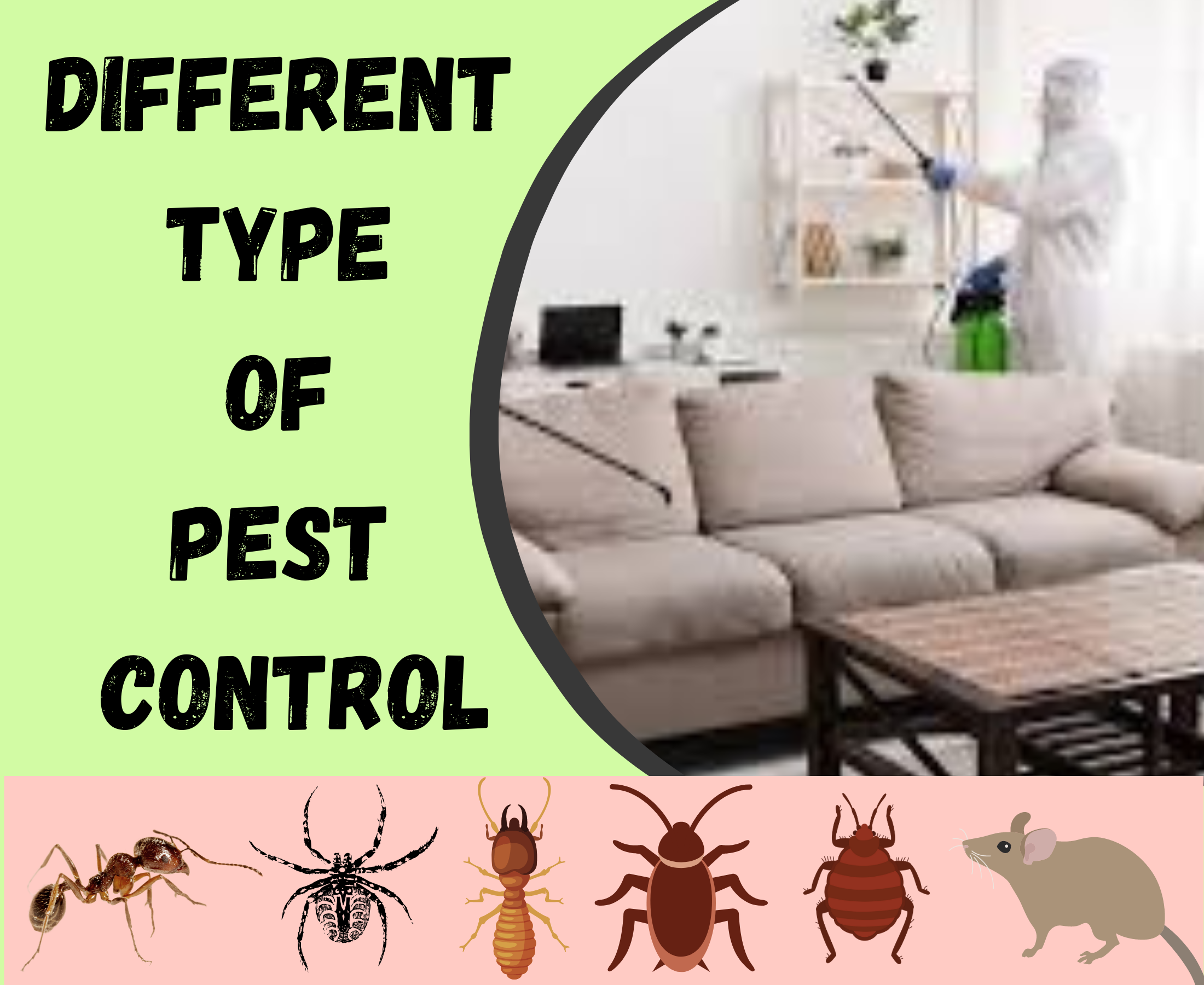Top Guidelines Of Pest Control
Top Guidelines Of Pest Control
Blog Article
The Facts About Pest Control Uncovered
Table of ContentsThe Single Strategy To Use For Pest ControlPest Control Fundamentals ExplainedExamine This Report on Pest ControlOur Pest Control Ideas8 Simple Techniques For Pest Control
Limitations of Chemical Management Have the ability to evaluate insect problems, figure out if administration is necessary, and make appropriate suggestions making use of IPM methods. Recognize with various techniques of bug monitoring - their advantages and limitations. Comprehend the value of advantageous pests. It is not possibleor even desirableto rid gardens of all insects.This chapter discusses (IPM), a technique that uses knowledge about parasites and their, techniques, nonchemical approaches, and pesticides to manage insect troubles. Extra info concerning IPM for specific plants is included in phases that focus on those plants. Nonchemical parasite control steps are worried in phase 17, "Organic Horticulture." Taking care of birds and creatures is covered in chapter 20, "Wild animals." Handling in the yard and garden is covered in chapter 6, "Weeds." Parasites in a yard or landscape might include bugs and termites, weeds,, animals, and birds.
Pests and weeds, nonetheless, play a duty in the. After growing a garden or establishing a yard, the all-natural procedure of plant succession starts to improve and nonnative plants.
What we call "pests" become part of an all-natural system at the workplace. An environment has no insects. Just human beings take into consideration particular species bugs when they take place where they are not desired. We will certainly be a lot more effective in taking care of undesirable types when we recognize that these microorganisms adhere to foreseeable patterns that we can utilize to our advantage.
Pest Control for Dummies
Parasites at risk to a pesticide were promptly eliminated, leaving resistant ones to reproduce and increase. It came to be clear that chemicals alone would certainly not resolve all parasite problems.
An IPM strategy enables some level of parasites in the environment. Pests are much less likely to endure a program that utilizes many different methods of reducing their populaces. Integrated parasite administration was first suggested by entomologists because bugs were the initial team of parasites to verify tough to take care of with chemicals alone.
A threshold is the point at which action need to be taken. IPM has actually extended past bugs to administration of all pest populaces: weeds, condition organisms, and creatures.
What Does Pest Control Do?
Management instead of elimination of insects my review here is the goal. An IPM strategy begins with a careful analysis of each parasite invasion. Only after that can one determine regarding the suitable strategies required to subdue bug activities. The life cycle of the bug, feasible damages, natural opponents, and impacts of weather condition, to name a few factors, are thought about before a control strategy is executed - Pest Control.
Clover growing in a lawn might be considered as an unwanted weed, yet as a legume it is manufacturing nitrogen for the dirt and the blossoms are providing nectar to honey bees and click to find out more other. Resistance for some weeds might belong to an IPM strategy. may be consuming the fallen leaves of a plant, yet when they are determined as the larvae of Eastern tiger swallowtail butterflies, their damages might be tolerated so we can appreciate the beautiful butterfly.

The 2nd most essential tool in insect monitoring is very early treatment. Responding to troubles promptly, before they have time to increase, needs a much less significant intervention.
Things about Pest Control
Many safe, functional, nonchemical techniques of plant security and parasite administration might lower or eliminate the demand to spray. Various other techniques are most beneficial when used with chemicals. To execute administration practices properly and to reduce losses, garden enthusiasts ought to understand the sorts of insects that attack plants and understand pest biology.

Conducting a dirt test and using additional hints just the recommended amount of plant food and lime optimizes the benefit to the plant while lessening problems associated with extreme use fertilizer - Pest Control. Covering the dirt with several inches of compost secures the plant in several means: lowering soil water loss to evaporation, decreasing weed competitors, providing nutrients, and developing an ideal environment for earthworms and microorganisms that maintain the dirt loose for roots and damage down natural product to release nutrients
If mulch touches the trunk, it can create a method for voles, germs, and fungi to attack the plant. Do not use manure or garden compost that has actually not thoroughly decayed as a leading dressing because it can encourage undesirable parasites. Research suggests that tilling the soil is destructive to dirt framework.
The 7-Second Trick For Pest Control
If tilling is deemed required, take into consideration doing it in the fall when the life cycles of lots of insects brings them near the surface area. At the surface, insects come to be subjected to the weather condition as well as birds and various other all-natural opponents.
Report this page